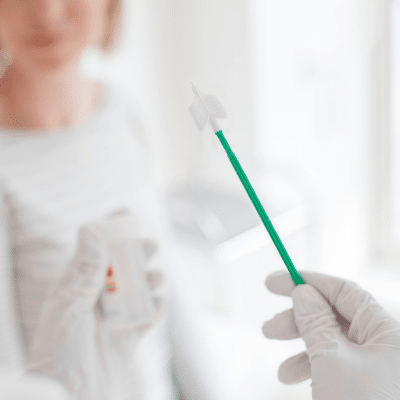When it comes to your reproductive health, certain procedures are needed only once you become sexually active. However, some risk factors may require you to have a pap smear despite your sexual history. According to the American Cancer Society, approximately 14,480 women are likely to get affected by cervical in 2021. With such a forecast, it’s crucial to have early detection and prevention.
What is it?
A pap smear is also known as a pap test and is used for testing for cancer of the cervix. Early detection of cervical cancer is crucial to increasing the chances of getting a cure.
When should I have my first pap smear?
According to the American College of Obstetricians and Gynecologists, you should start having your first pap smear at age 21 or within three years after becoming sexually active, whichever comes first. After that, you should continue to get the pap tests every three years until you reach 65 years old.
How often do I need one?
You should have a pap test every three years if you are between 21 and 65 years. If you are 30 years and above, you can have the test every five years. You may also opt for having HPV testing instead of a pap smear test. Certain risk factors may require you to have frequent pap tests regardless of your age. The risk factors are:
- HIV infection
- Cervical cancer diagnosis
- Exposure to diethylstilbestrol (DES) before birth
- Weak immune system due to chemotherapy, chronic corticosteroid or organ transplant
- History of smoking
Why is it important?
You should have a regular pap smear test for the following reasons:
Early detection
Having regular pap tests is important to help identify the changes in the cervical cells in your body. If left untreated, the cervical cells can lead to cancer. Pap tests can detect cervical changes when it’s still easier to treat.
Close monitoring
Even though an abnormal pap test does not always indicate that you have cervical cancer, regular tests are crucial if you consistently have abnormal tests.
Routine pap smear exams can reduce your risk of contracting cervical cancer. Therefore, you should talk to your doctor about how often to have the tests. For more information on a pap smear, feel free to contact us. Call 540-605-7566.

